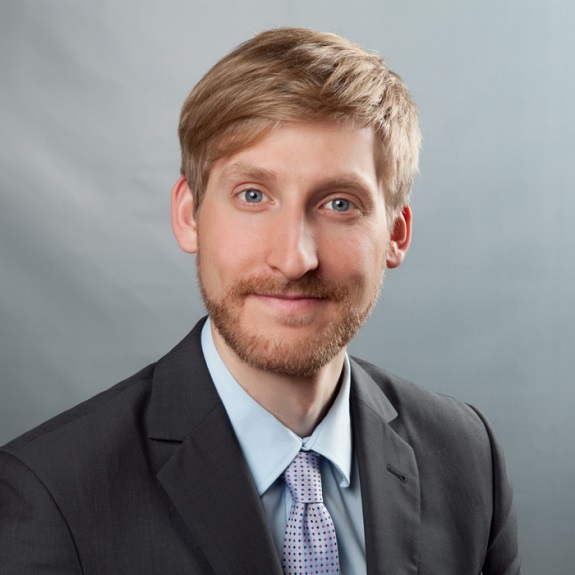 Dr. Alexander Winkler-Schwartz a fourth-year neurosurgical resident and a PhD candidate in the Integrated Program in Neuroscience at McGill University is one of three 2018 recipients of the Robert Maudsley Fellowship for Studies in Medical Education from the Royal College of Physicians and Surgeons of Canada.
Dr. Alexander Winkler-Schwartz a fourth-year neurosurgical resident and a PhD candidate in the Integrated Program in Neuroscience at McGill University is one of three 2018 recipients of the Robert Maudsley Fellowship for Studies in Medical Education from the Royal College of Physicians and Surgeons of Canada.
The fellowship helps specialists acquire knowledge and skills to develop educational programs, evaluation methods and research applicable to medical education. Recipients must be registered in a master’s-level or PhD-level university program in education or a program of study closely related to medical education. Dr. Winkler-Schwartz’s selected proposal is focused on whether neurosurgical virtual reality training improves operative performance.
“I am humbled by the decision of the Royal College to support this research,” says Dr. Winkler-Schwartz. “Though I have been named directly in the award, to conduct such a project requires the input and support of a number of different organizations and individuals, including but certainly not limited to my co-supervisors Dr. Rolando Del Maestro and Dr. Susanne Lajoie, members (previous and current) of the Neurosurgical Simulation Research and Training Centre, Dr. Atkinson, Neurosurgery program director and other staff and residents in the Department of Neurosurgery at McGill, McGill University and the Montreal Neurological Institute. With the funds provided and the exceptional and collaborative research environment at McGill and the Montreal Neurological Institute I am confident that this project will be completed successfully.”
A native Montrealer, Dr. Winkler-Schwartz completed earned his MDCM degree at McGill after entering through the Med-P program. As a medical student he began pursuing studies in the field of neurological simulation as part of the Neurosurgical Simulation Research and Training Centre. A longstanding fascination with the nervous system and experience with the life-altering effects of neurological disease on patients and their families was the underlying motivation for his pursuit of excellence as a neurosurgical resident. In parallel with his neurosurgical residency and a year prior to beginning his PhD, Dr. Winkler-Schwartz completed the Global Clinical Scholars Research Training Program offered through Harvard Medical School with the goal of acquiring advanced training in the methods and conduct of clinical research. He graduated from the program with distinction in recognition of his Capstone Project proposal.
Because the nervous system can be easily damaged, neurosurgeons require a “steady hand” which they are expected to develop over the course of their training. Despite this, there remains little information on how to best teach neurosurgery. Advancements in computer-based virtual reality simulation now offer the possibility to better understand how neurosurgeons-in-training operate without any risk to patients; however, whether skill improvement on the simulator is reflected in live-operative neurosurgical performance remains to be seen. The main purpose of Dr. Winkler-Schwartz’s PhD thesis is to evaluate whether training surgical skills on the simulator improves real-life neurosurgical operations.
“Simulation technology has the potential to change the 100-year-old model for training neurosurgeons,” notes Dr. Winkler-Schwartz. “If successful, neurosurgeons-in-training may one-day use simulators to perfect their skills and practice in a safe environment before ever exposing a patient to the risks of surgery. Ultimately, such changes will improve the safety and quality of surgical care delivered to patients affected with neurological disease.”
Congratulations Dr. Winkler-Schwartz!
February 23, 2018
